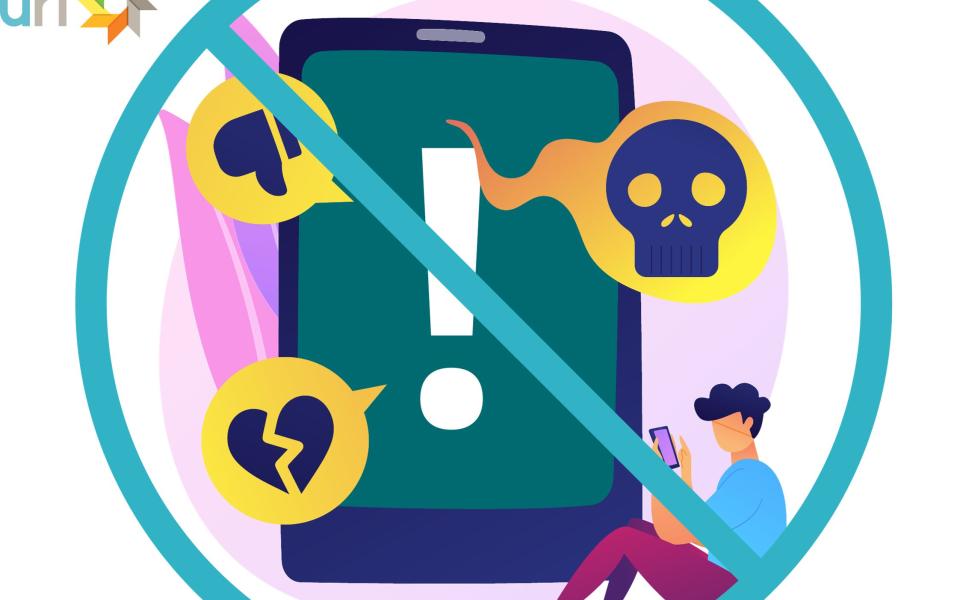
Introduction
On the 25th and 30th October 2023, young members of the URI Network gathered for the monthly URI Youth Connection Cafe to share their perspectives and experiences on the topic of interrupting harm and hate speech in an online context.
Particularly at this current moment of conflict in our world, young people are experiencing a lot of hostility on social media and online platforms. It was important to gather as a community and share experiences and challenges in navigating this context. While the online space is an important one for raising awareness, sharing information and feeling globally connected, it also carries a shadow of fostering group think, misinformation, and overwhelm in response to difficult images. This is a reality for many young people across the world, and so sharing ideas in how to manage this space resulted in the following practices
Personal Practices
To begin with, we looked at personal practices that help us move from a space of feeling triggered and reactive (our trauma responses), to a space of positive, creative and mindful intervention:
- Take a deep breath - oxygen is it!
- Take time to think clearly - step away if needed
- Check information and if it’s true
- Protect yourself - if it’s a personal attack and there is cause for concern
- Mindfulness and prayer
Over the two sessions, the groups then generated this list of practices in taking action:
Strategies and Techniques
- Report Hate Speech:
- Use social media platforms to report hate speech
- Challenging fake profiles / bots - keep reporting
- Fact Check:
- Verifying and cross-checking information
- Educate Ourselves:
- Capacity building for bloggers and freelancers in combating fake news
- Educating young people in content creation - context specific
- Raise awareness around the danger of hate speech and how to interrupt or counter it
- Providing counter narratives:
- Social media campaigns with counter and alternative messages
- Creating opportunities for friendships across differences, exposure is our biggest lesson
- Counter messages - How to use bots to create positive messages?
- Humor and memes
- Humility:
- Come into social media space with humility, knowing we will make mistakes
- Understanding our position of privilege, understand context of PTSD
- Empathy:
- Put yourself in the other person shoes
- ASK Questions:
- see where they are at, understand their perspective
- Engage privately:
- might be more likely to change their perspective
- Make a personal connection
- Seek Support:
- Seek support from others to gain clarity and gradually take small steps toward addressing the hate speech concerns
- Set Boundaries:
- Politely but firmly establish boundaries. Let the person know that you won't tolerate hate or harmful messages in your online space.
- Focus on the “movable middle”:
- Focus on the so-called "movable middle", those people who are not either hating, or being peaceful. We need to get them to the side of peace as much as we can.
- Religious Scripture:
- Using religious scripture to support love and peace
- Organize small scriptural reasoning sessions
- Protecting all from violence:
- everyone needs to be protected from violence
- In the spirit of religions we cannot discriminate and reserve our empathy, compassion and mercy just for certain groups.
- Interfaith Dialogue:
- initiating respectful dialogues with religious leaders, emphasizing the values of love and inclusivity, discussing interpretation, sharing personal stories, advocating for change in alignment with evolving societal norms, engaging allies and interfaith dialogue, supporting legal protections, and persevering with patience in the pursuit of greater understanding







